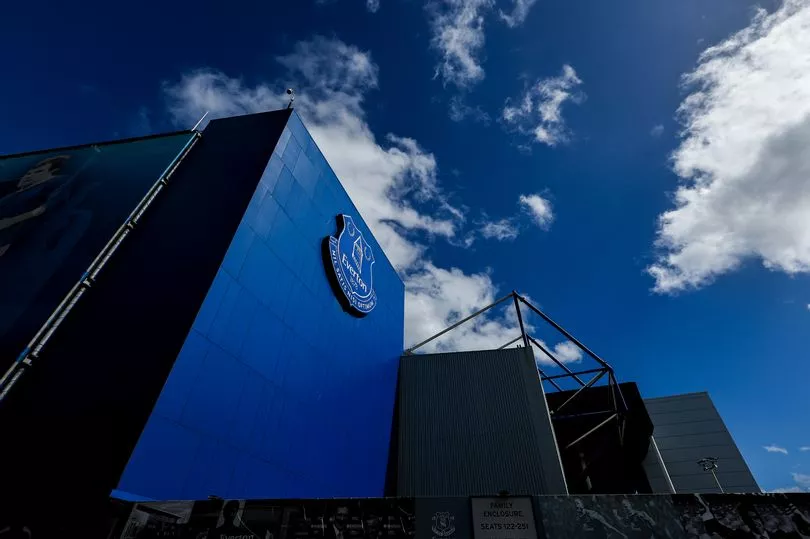Everton supporters are hoping that, for the first time in three years, the team will adhere to spending regulations as the PSR deadline draws near.
In November, Everton received a 10-point fine, being the team the first in the league to be penalized for violating the Profit and Sustainability Regulations (PSR). Even though the deduction was lowered on appeal, it shocked the football community and sparked a heated discussion about the Premier League’s regulatory standing that has continued ever since.
Everton was deducted a second time for exceeding the rolling £105 million, three-year loss caps for the second year in a row. Nottingham Forest was also docked points for exceeding a lower barrier established by their prior Championship seasons.
Everton’s financial situation was exposed in unprecedented depth by the lawsuits against the club, and the case notes from the second hearing showed that the club’s total PSR deficit for the fiscal years 2022 and 2023 was little under £67 million. This meant that for the year ending in June 2024, the club had to keep its PSR loss—a figure that excludes spending in a variety of areas—to little over £38 million.
Because the financial year’s facts, which include activity outside the club that is currently unknown, won’t be made public until March 2025, it is still difficult to predict the true health of the club’s finances.
However, Everton was optimistic that its efforts to strengthen its position had paid off as the PSR deadline drew near. There is evidence to suggest that Everton’s PSR loss from the previous year—which was £62.7 million—has decreased. Although the high-profile sale of academy product Anthony Gordon occurred in 2023, the sales of Demarai Gray, Ishe Samuels-Smith, Alex Iwobi, and Tom Cannon, all of whom were finished late last summer, will be included in this year’s stats. This year’s retirement packages have not mirrored the management and boardroom changes that resulted in about £10 million in 2023. Millions of pounds more will have been added to the club’s merit payout as a result of their better league finish.
In his pre-summer remarks, football director Kevin Thelwell made it clear that all operations would take place in the face of difficult financial and regulatory conditions. Since then, the club’s position has been further reinforced by the sales of Dobbin to Aston Villa for about £10 million and the departure of Ben Godfrey for what the ECHO thinks to be an initial £11 million sum. There is now even more reason to believe that the team will finish this season with a higher PSR than in previous years as the club decided to reject Manchester United’s outrageous opening bid for Jarrad Branthwaite, which Everton found intolerable.
Even while there are obvious benefits that are apparent from the outside, problems still persist. The club will have PSR issues in the next fiscal year, and because of the over £200 million in loans it received from 777 Partners during its abortive acquisition bid, it now has a higher debt load. It’s yet unclear how much of an influence such actions have on the club’s finances. The Premier League and the club are embroiled in a PSR dispute on how the league handled interest on loans that the club claimed were for the new waterfront stadium. Losing that debate would change the club’s PSR estimates by millions of pounds.
But since that disagreement was first raised in February, it’s possible that the inability to settle it quickly enough for Everton to handle the fallout in the current fiscal year, along with other consequences of the club’s mistreatment, such as the millions of dollars it lost in merit payments due to point deductions that prevented Everton from finishing in a much better final league position, could be taken into consideration.
READ MORE ON:https://sportip.co.uk/
